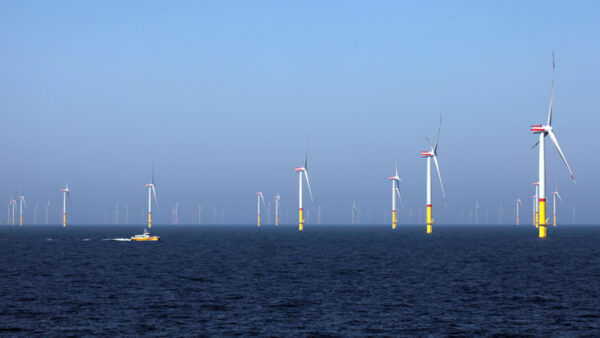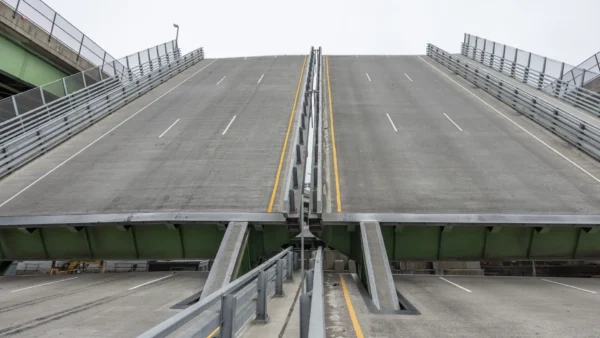China will spend $422m building an underground laboratory to find a way of storing high-level radioactive waste from the country’s growing fleet of nuclear power plants deep underground.
If successful, a repository that could store a hundred years worth of strontium-90, cesium-137 and plutonium-239 istopes will be built.
Building just the lab itself will be a feat. Wang Ju, vice-president of the Beijing Research Institute of Uranium Geology, told the China Daily newspaper that it would be sited in granite 560m below ground in the Beishan region of Gansu province, in China’s remote northwest (pictured).
“We cannot just reap the benefits of nuclear energy and worry about cleaning up its waste later,” he said. “Development and safety are equally important, and both have always been the two paramount priorities in China’s nuclear energy strategy.”
The offices and laboratories on the surface will have a floor area of 2.4ha within a 247ha site, however the underground complex will require the excavation of 514,200 cubic metres, along with 13.4km of tunnels. At present work is under way on supporting infrastructure, such as paved roads.
The lab, which was listed as a major scientific project in the 13th Five-Year Plan (2016-20), will take seven years to build. If its research proves successful, a long-term underground repository for high-level waste will be added nearby by 2050.
China is planning to expand its nuclear fleet from about 50GW at present to 70GW by 2025. High-level waste, which makes up about 3% of spent fuel by volume, contributes 95% of its radioactivity.
Image: Gansu province is one of the most remote regions in China (Dreamstime)
Further reading:






